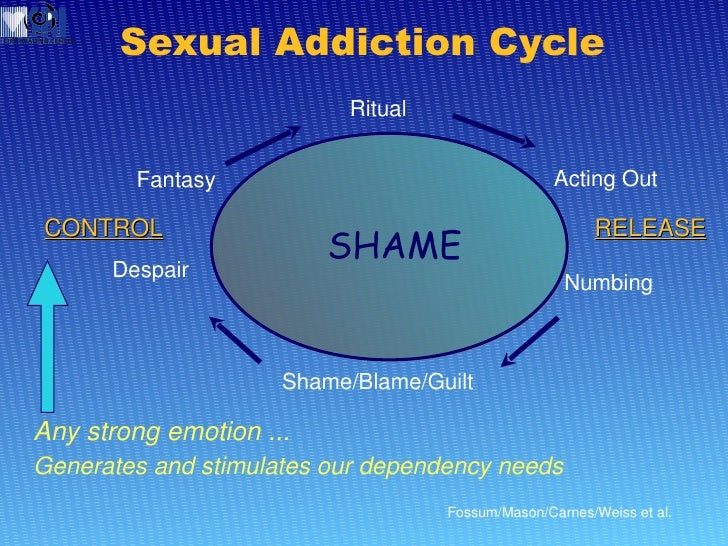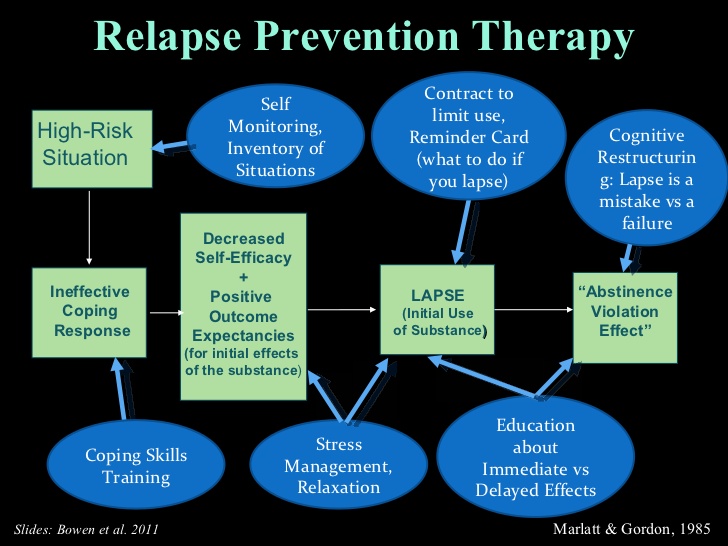Solving addiction worries to know the action point
Solving addiction worries by asking to know action point: The most points of concern for many

Solving addiction worries must be prioritize as failing to do so is causing family disintegration at an alarming rate.
Some of the problems we go through are only affecting us because we often don’t ask about them. Do you know that solving addiction worries is possible just by being aggressive by asking questions and getting answers to them? The holy book records that “my people don’t find because they don’t ask” are you struggling with this addiction problem and you are just quite there? We want to help you find answers to your problems. Talking to us at AWAREmed Health and Wellness Resource Center should be your starting point. This facility take pride in solving problems and your problem is only a problem because you have not shared it. Would you want to get solutions today? Doctor Dalal Akoury MD, President and founder of this facility want to help you and as you continue reading through this content, you will notice that it is about asking and getting answers. Keep reading and make a healthy decision today to live a more robust and healthy life with the experts.
Solving addiction worries by asking to know action point: Is there a difference between physical dependence and addiction?
The answer to this is absolutely yes. It is important to note that besides the chronic and harmful consequences that come with addiction, it is also characterized by the weakness or failure to stop using that particular drug; neglecting or failure to meet work, social, or family obligations; and, occasionally depending on the drug, tolerance and withdrawal. When tolerance sets in, the consequence is that the of physical dependence meaning that the body adapts to the drug, thereby demanding for more of it to achieve a certain effect (tolerance) and eliciting drug-specific physical or mental symptoms especially where there is a sudden stoppage (withdrawal) of the supply/use of the drug in question.
Physical dependence can happen with the chronic use of many drugs—including many prescription drugs, even if taken as instructed. Thus, physical dependence in and of itself does not constitute addiction, but it often accompanies addiction. This distinction can be difficult to discern, particularly with prescribed pain medications, for which the need for increasing dosages can represent tolerance or a worsening underlying problem, as opposed to the beginning of abuse or addiction.
How do other mental disorders coexisting with drug addiction affect drug addiction treatment?
In response to this concern, it is important first to note that drug addiction is not behavior but a disease of the brain commonly coming with other mental disorders. Available statistics indicate that up to 6 in every 10 people struggling with an illicit substance use disorder equally suffer from another mental illness; the same is true with users of licit drugs like tobacco and alcohol. Many of the people struggling with addiction are also suffering from mental disorders what is medically known as co-occurrence condition 9suffering from tow conditions at the same time). Successful treatment for such patients sometimes become very difficult more so if individual conditions are addressed differently. Because of the intertwined condition, both conditions must be assessed and treatment done simultaneously. Experts are in agreement that treating both illnesses simultaneously in an integrated fashion which is generally the best treatment approach for these patients.
Is the use of medications like methadone and buprenorphine simply replacing one addiction with another?
This is a good question but the answer to that is No. these (Buprenorphine and methadone) are prescription drugs only administered under medical experts authorization, they are taken under strict adherence of medical doctors and are safe and effective for treating opioid addiction when used as directed. They are administered orally or sublingually (i.e., under the tongue) in specified doses, and their effects differ from those of heroin and other abused opioids. Like for instance, heroin is administered through injection, snorting or smoked thereby causing an immediate “rush of intense euphoria. The rush is then short lived and in just a little while it wears off and ends in a “crash.” At the point individual will experience an intense craving to use the drug again to stop the crash and reinstate the euphoria. If this is not managed well the cycle of euphoria, crash, and craving may continue repeated several times in a day. This is often the most painful part or stage of addiction which must be addressed in the best and most professional manner.
Solving addiction worries by asking to know action point: Can exercise play a role in the treatment process?
Many people become less active as they approach their sunset days but this is one of the biggest mistakes we often make. And so in response to the question the answer is “Yes.” Exercise should be done regularly and it is increasingly proving to be one of the most attractive components in many treatment programs more so when combined with cognitive-behavioral therapy. Exercise may exert beneficial effects by addressing psychosocial and physiological needs that nicotine replacement alone does not, by reducing negative feelings and stress, and by helping prevent weight gain following cessation.
How does drug addiction treatment help reduce the spread of HIV/AIDS, Hepatitis C (HCV)?
Looking at the mode of administration of most of these drugs, they are mostly administered through injection. And one of the characteristic of drugs is that it causes users to lose focus. It is at this point when the damage is done. When users are drunk the will most likely share the needles they use further putting them at more risk of contracting HIN/AIDS and other STDI. Besides that drug-abusing individuals are likely to engage in risky sexual behavior further subjecting them to the risk of contracting these diseases. Finally by now you must have appreciated why solving addiction worries is very important if we have to live a more healthy life. It is our desire to see you enjoy your life for a very long time. Therefore if you or any one you know is struggling with any kind of addiction, you have an opportunity to redeem yourself by scheduling for an appointment with doctor Dalal Akoury for professional treatment.
http://regenerativepotential.com/integrativeaddictionconference/


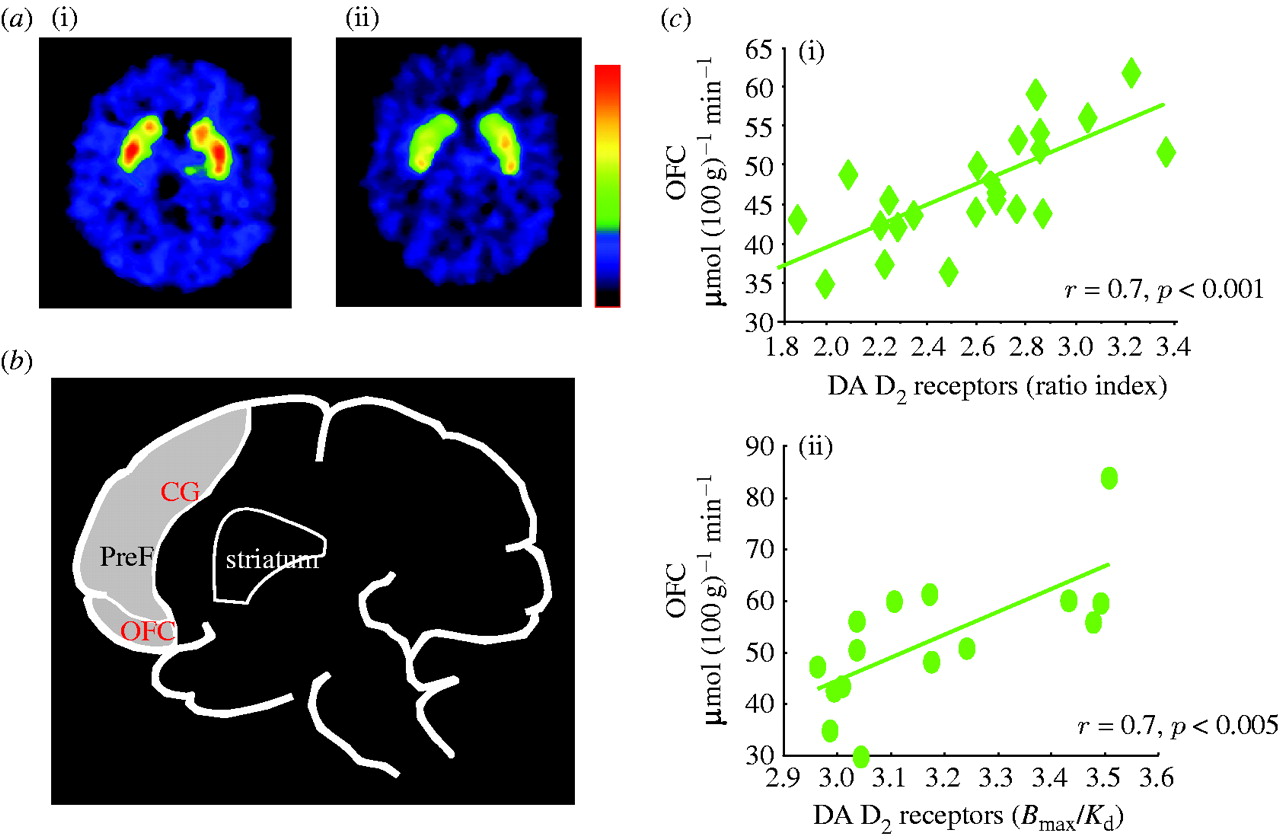
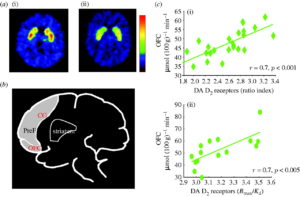 How food and drug reward circuits overlap?
How food and drug reward circuits overlap? Integrative Addiction Conference
Integrative Addiction Conference


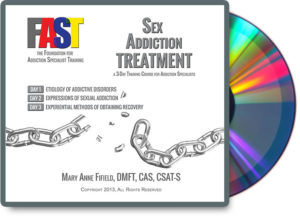 Instead of controlling your craving, your sexual craving might end up controlling you. As a result, you might find yourself doing it in appropriate places, taking a break during an important meeting to save yourself the trouble or even worse, getting involved in sexual crimes such as rape and more. If your sexual journey approaches a destination, where it controls you, it is advisable to seek some help. However, this doesn’t seem much of a solution for several reasons that are,
Instead of controlling your craving, your sexual craving might end up controlling you. As a result, you might find yourself doing it in appropriate places, taking a break during an important meeting to save yourself the trouble or even worse, getting involved in sexual crimes such as rape and more. If your sexual journey approaches a destination, where it controls you, it is advisable to seek some help. However, this doesn’t seem much of a solution for several reasons that are,